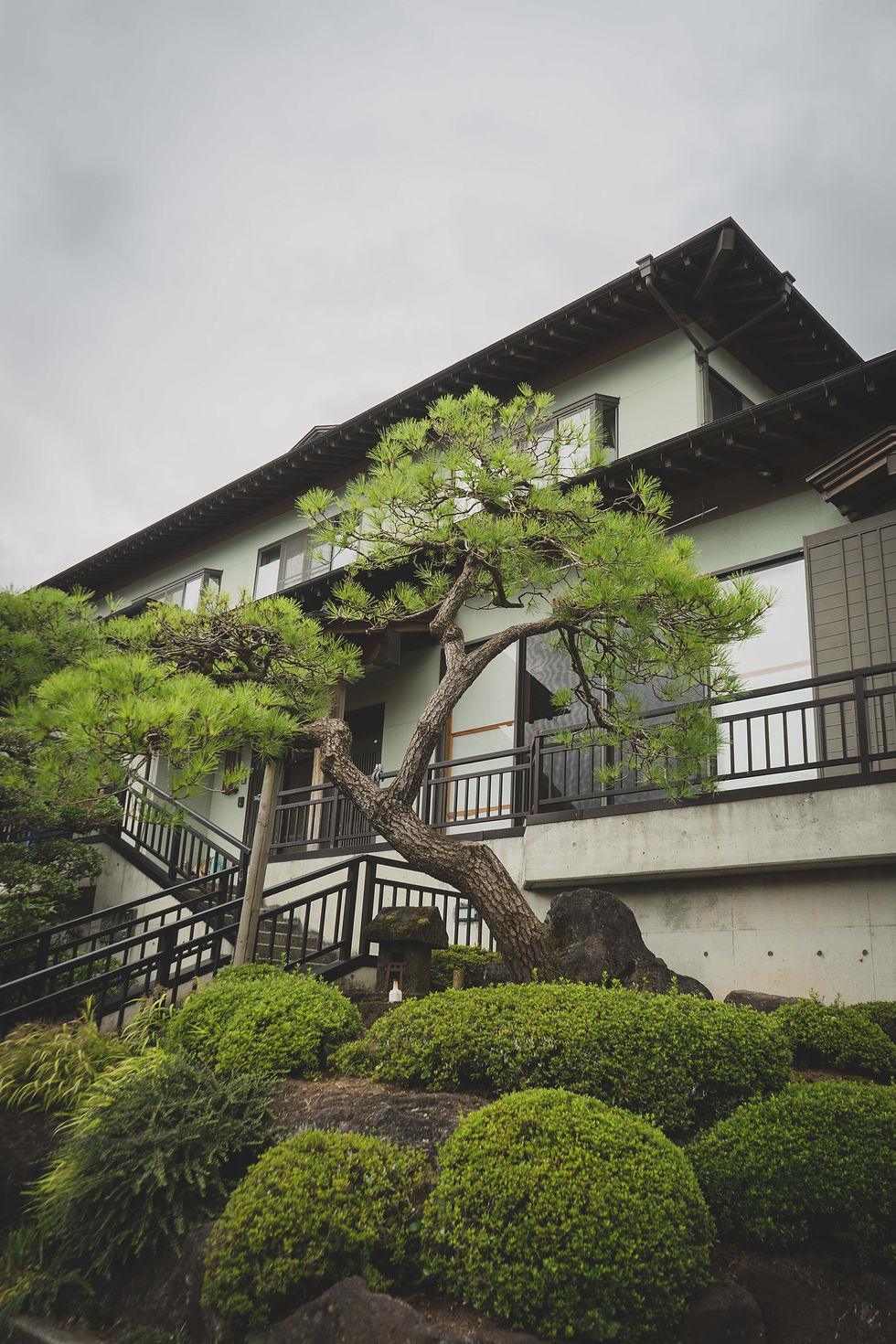
Financing Your Dream: Understanding Japanese Mortgage Options for Akiya Purchases
Buying an akiya in Japan often requires a different approach to financing compared to purchasing a typical home. As a foreigner, navigating Japanese mortgage options can be challenging but not impossible. Understanding the available options and the requirements for securing a mortgage will help you finance your dream akiya and make the process smoother.
1. Traditional Mortgages
Traditional mortgages are available to foreign buyers, but they often come with more stringent requirements. Lenders typically require:
Stable Income: Proof of stable and sufficient income is crucial. Lenders may require that you have been employed in Japan for a certain number of years or that you have a stable income source from abroad.
Credit History: A good credit history in Japan or your home country will significantly improve your chances of securing a mortgage.
Large Down Payment: Foreign buyers may be required to make a larger down payment, often between 20% and 30% of the property’s value.
Key Tip: Working with a mortgage broker who specializes in helping foreigners can simplify the process and increase your chances of securing a loan.
2. Government-Supported Mortgages
The Japanese government offers various mortgage programs to encourage home ownership, including for akiya purchases. These programs may offer lower interest rates or more favorable terms, particularly for properties in rural areas or those requiring renovation.
Flat 35 Loan: This is a popular fixed-rate mortgage option supported by the Japan Housing Finance Agency (JHFA). It offers stable, long-term financing with fixed interest rates for up to 35 years.
Regional Revitalization Loans: Some regions offer special loan programs to encourage the purchase and renovation of akiya as part of regional revitalization efforts.
Key Tip: Research government-supported mortgage programs in the area where you plan to buy. These programs can offer more favorable terms and help make your akiya purchase more affordable.
3. Working with Japanese Banks
Japanese banks may offer mortgages to foreign buyers, but the process can be complex. It’s essential to understand the requirements and prepare the necessary documentation:
Residency Status: Having permanent residency or a long-term visa can improve your chances of securing a mortgage from a Japanese bank.
Banking History: A history of banking with a Japanese institution, such as having a savings account or using other financial services, can strengthen your application.
Loan Term and Interest Rates: Loan terms and interest rates vary between banks. Fixed-rate mortgages offer stability, while variable-rate mortgages may offer lower initial rates but can fluctuate over time.
Key Tip: Consider the long-term financial impact of your mortgage. Fixed-rate mortgages offer predictability, while variable rates could save money initially but may lead to higher costs if rates increase.
4. Alternatives to Traditional Mortgages
If securing a traditional mortgage proves difficult, there are alternative financing options to consider:
Personal Loans: For smaller purchases or renovations, a personal loan may be a viable option, though interest rates are typically higher than mortgage rates.
Home Equity Loans: If you own property in your home country, you may be able to take out a home equity loan to finance your akiya purchase.
Seller Financing: In some cases, sellers may offer financing directly, allowing you to make payments over time instead of securing a traditional mortgage.
Key Tip: Explore all your financing options and consult with a financial advisor to determine the best approach for your situation.
5. Understanding the Risks
It’s essential to understand the risks associated with taking out a mortgage for an akiya, particularly if the property requires significant renovation. Consider the following:
Property Value: The value of an akiya may be lower than typical homes, which can impact the amount you can borrow and the property’s resale value.
Renovation Costs: Ensure you budget for renovation costs and factor these into your overall financing plan.
Currency Exchange Rates: If you’re financing your purchase with income from abroad, fluctuations in exchange rates can impact your ability to make mortgage payments.
Key Tip: Work with a financial advisor who understands the Japanese real estate market to help you navigate these risks and make informed decisions.
Financing your akiya purchase may require a bit more effort than buying a typical home, but with the right information and resources, it’s entirely possible. By exploring different mortgage options, understanding the qualifications, and considering government grants, you can secure the financing needed to turn your dream of owning a Japanese akiya into reality.

Comments